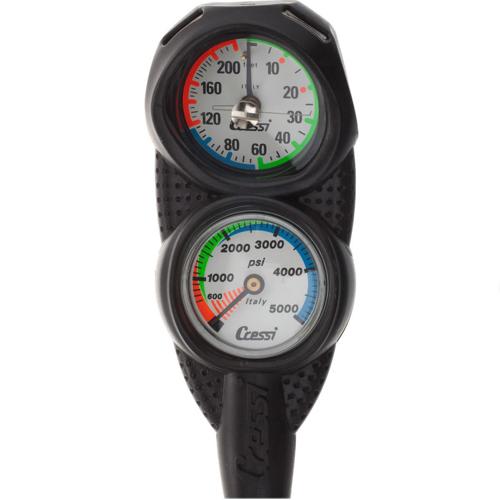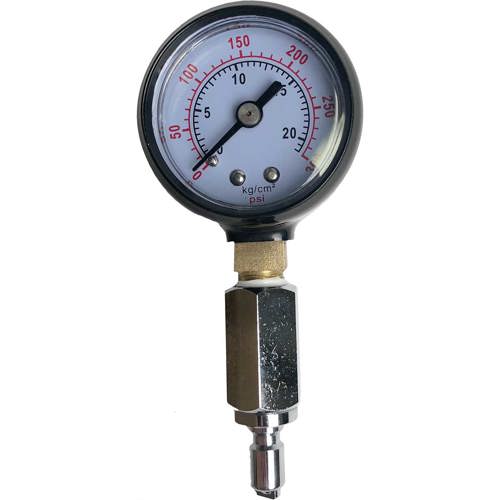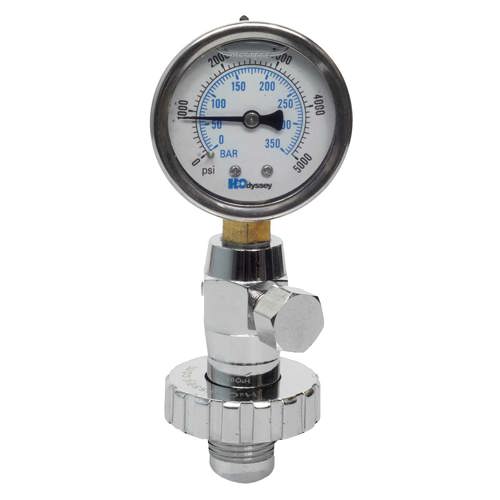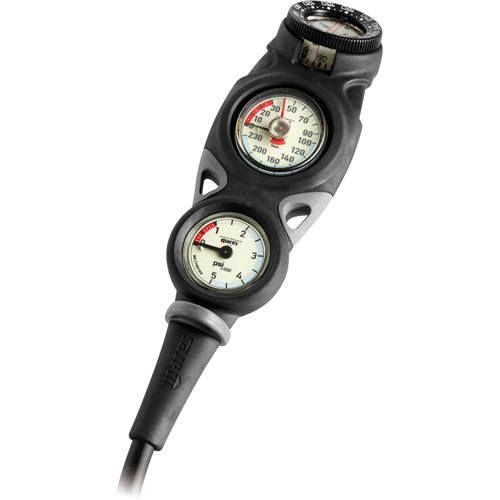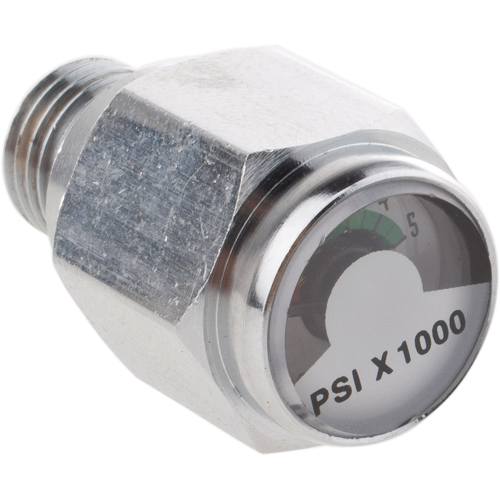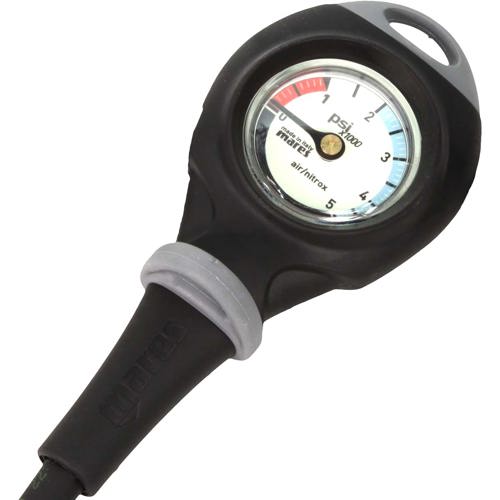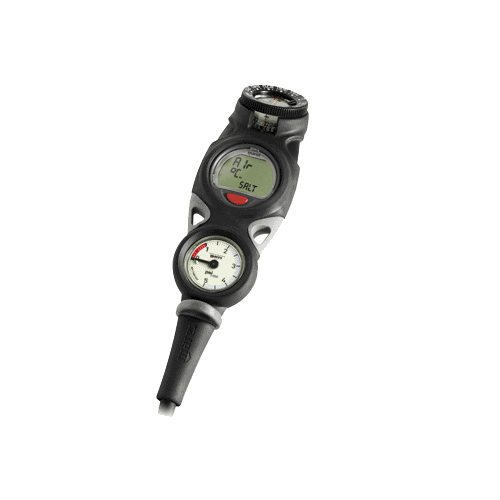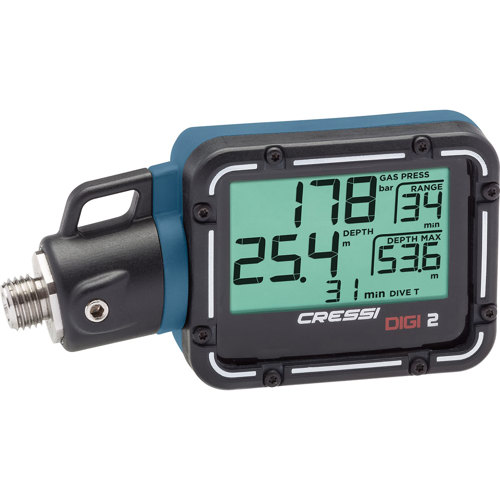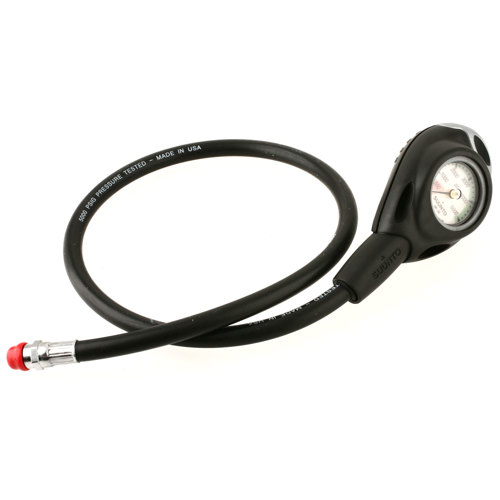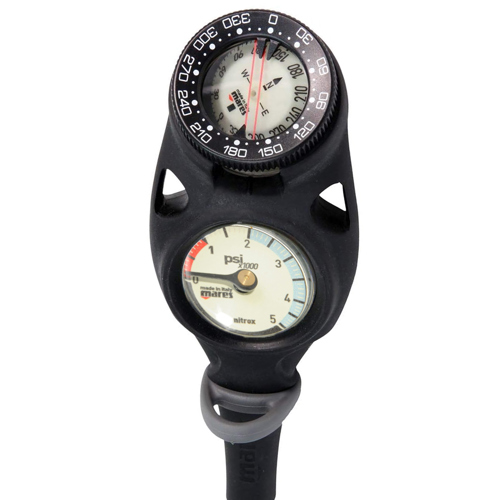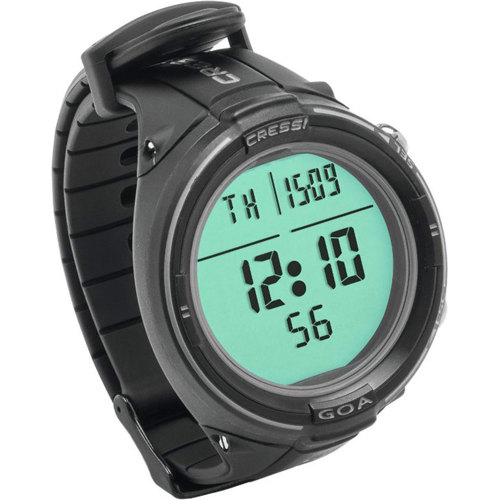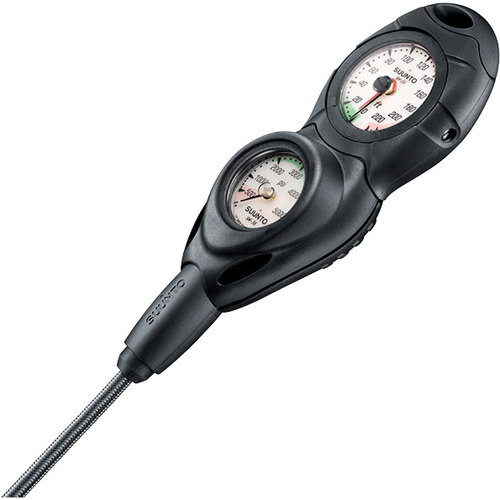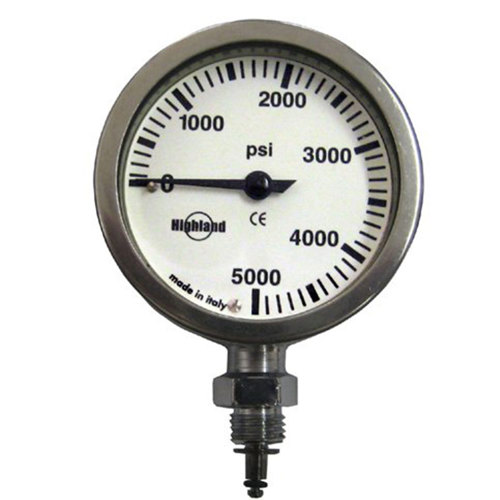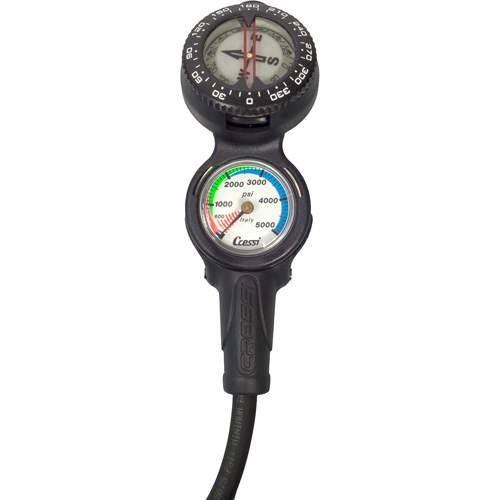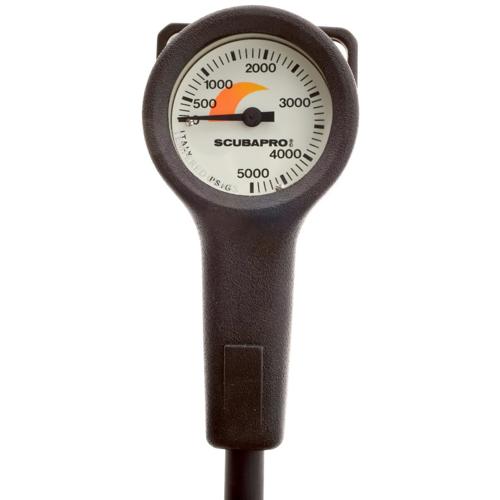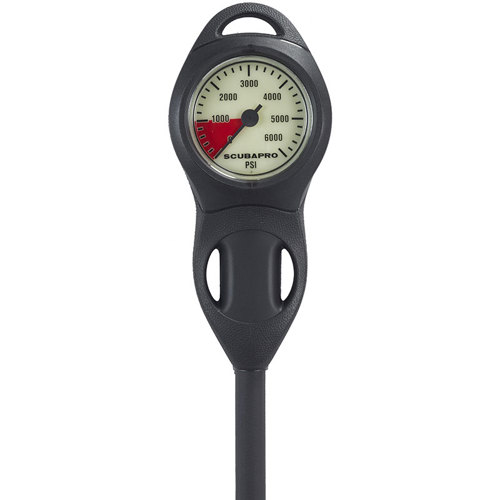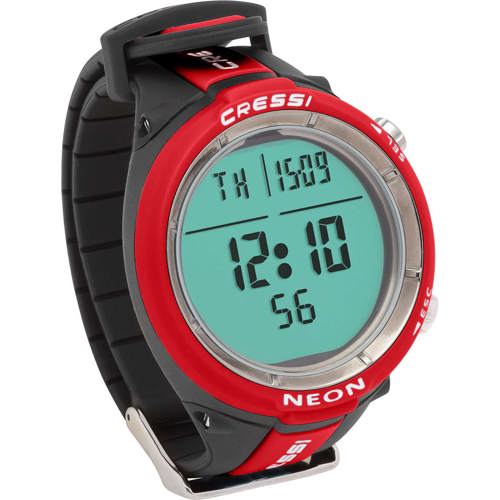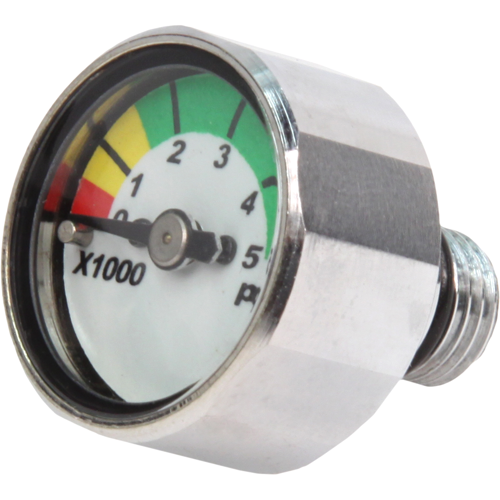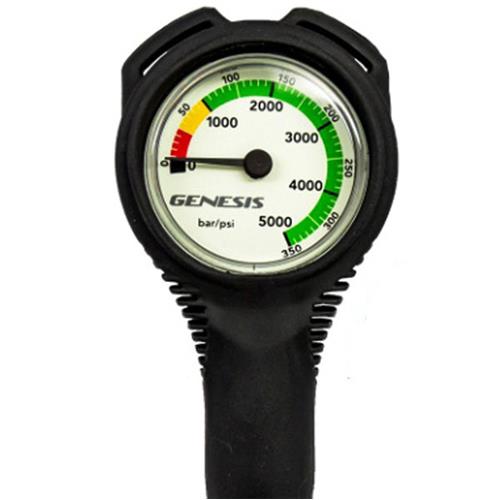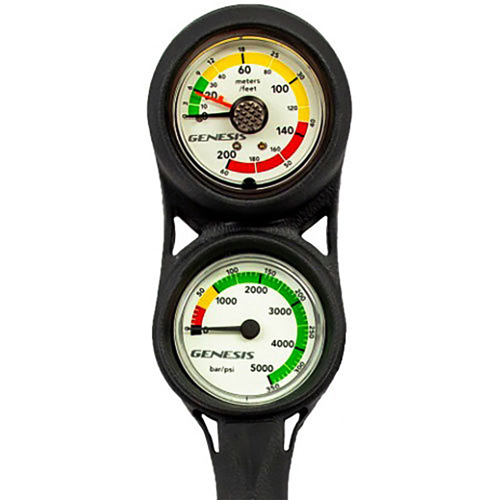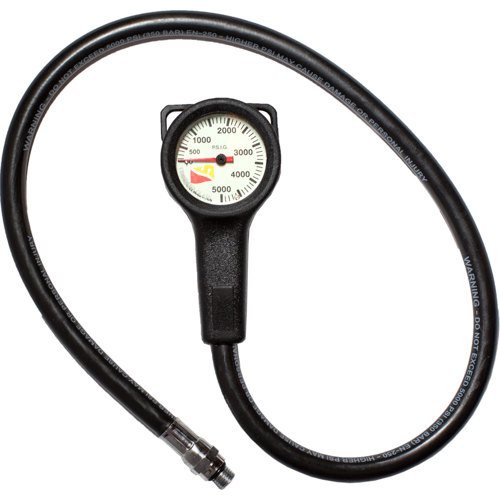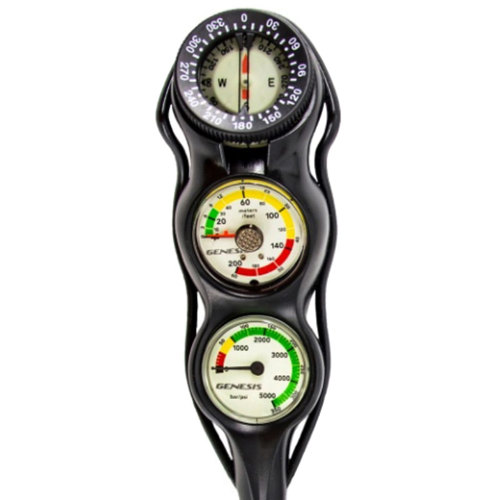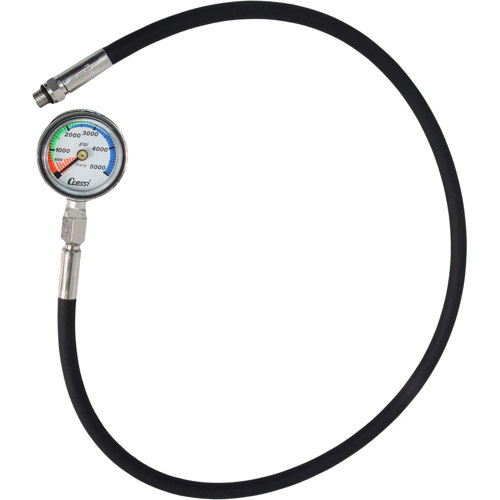Compact diving gauges have become an essential piece of equipment for divers who value efficiency, comfort, and reliability in their underwater adventures. As the diving season transitions into the cooler months of September, many divers are preparing for trips to warmer destinations or exploring local waters while visibility is still high. Compact gauges, designed with a focus on minimizing bulk and maximizing maneuverability, are particularly favored by both recreational and technical divers who want to streamline their gear without sacrificing critical information. These gauges are engineered with robust materials such as chrome-plated brass, encased in shock-resistant rubberized boots, ensuring they can withstand the rigors of repeated dives, rough handling, and the unpredictable underwater environment. The luminescent dials are a thoughtful feature, offering clear readability in low-light conditions—whether you’re navigating a kelp forest at dusk or descending into the shadowy interior of a wreck. Many compact gauges display air pressure and depth with high accuracy, sometimes up to 5000 PSI (360 Bar), giving divers the peace of mind that comes from knowing their vital stats are always close at hand and easy to interpret.
For those building their first kit or upgrading their setup, compact diving gauges offer a practical solution that fits seamlessly into any gear configuration. They are available as standalone submersible pressure gauges (SPGs) or as part of a multi-gauge console that might include a depth gauge and compass, making them adaptable to a wide range of diving styles. Their lightweight, streamlined design is especially appreciated by traveling divers who need to keep baggage weight to a minimum, as well as by those who prefer a minimalist approach in the water to reduce drag and improve mobility. Compact gauges are also an excellent gift choice for new divers, students, or seasoned enthusiasts looking to refresh their gear. The universal fit of high-pressure hoses and standard regulator connections means these gauges integrate easily with most existing setups, making them a flexible addition for anyone’s dive bag. Whether you’re a dive leader guiding groups through coral reefs, a technical diver monitoring stage bottles, or a casual explorer enjoying a weekend at the lake, the reliability and convenience of a compact gauge can make a noticeable difference in your comfort and confidence underwater.
When selecting a compact diving gauge, divers often consider factors such as durability, clarity of display, ease of attachment, and the specific information provided by the gauge. The tactile feedback of a solidly built gauge, the reassurance of a luminous dial glowing softly during a night dive, and the quick glance that confirms your air supply are all small moments that contribute to a safer and more enjoyable experience. Many divers keep a backup gauge in their save-a-dive kit to ensure they’re never caught off guard by equipment failure—an especially prudent move for those who travel or dive in remote locations. If you’re looking to expand your options or need a replacement for your primary gauge, you can explore a curated selection of reliable models at
Save A Dive Gauges. As you prepare for your next dive, whether it’s a crisp autumn morning at your favorite quarry or a long-anticipated tropical getaway, having a compact, accurate, and durable gauge ensures you’ll be ready for whatever the underwater world has in store.

